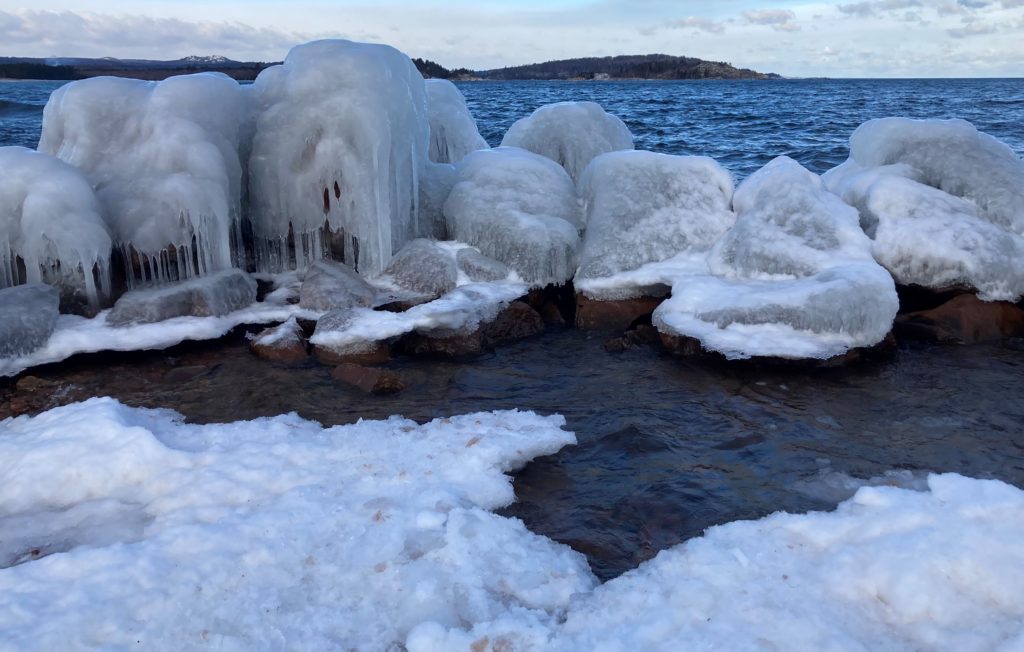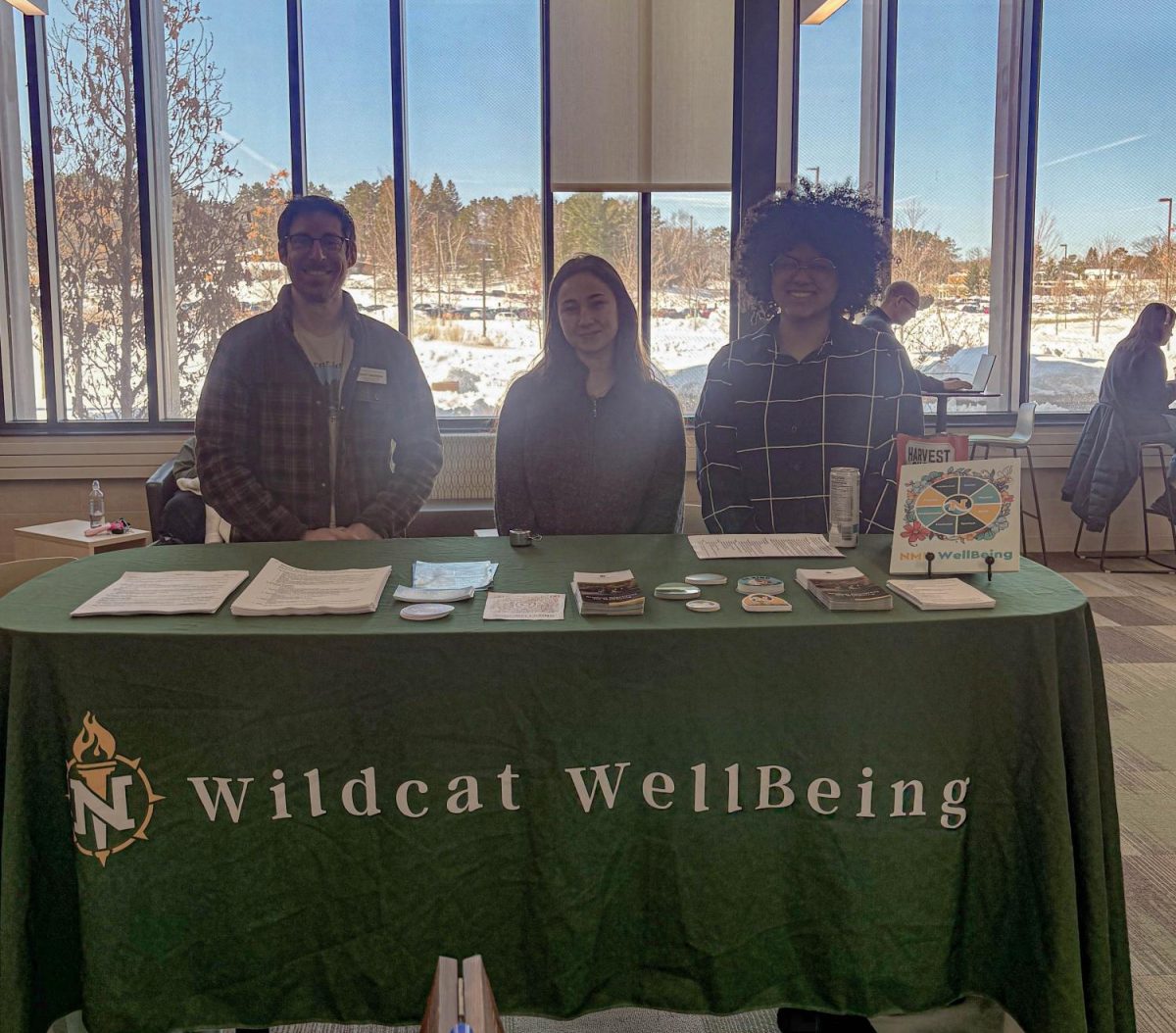Over halfway through January, the Upper Peninsula has less snow than usual. Data from Michigan Tech indicate that from October 2019 to January 2020 the Keweenaw Peninsula and the surrounding area received 138.13 inches of snow. This year, it has only received 44.44 inches thus far. That is a difference of 93.69 inches. This lack of snow is happening throughout the Upper Peninsula.
This could be considered a snow drought, which the National Integrated Drought Information System defines as “a period of abnormally little snowpack for the time of year.”
Snow droughts can be classified as dry or warm. Dry snow droughts are caused by a lack of winter precipitation. Warm snow droughts occur when the average precipitation isn’t snow, or snow fails to accumulate due to warm temperatures.
Jalen Sims, a senior and a graphic design major, serves as the outreach director for EcoReps, an organization dedicated to sustainability.
“Having been in Marquette for the past four winters, this is by far the mildest winter we have had,” Sims said. “I have spoken with some elders of the area and they agree that this is very strange.”
Less snow means many popular winter activities are limited this year. The USDA lists some of the problems snow droughts bring to recreation.
“Snow drought will have negative impacts on skiing and snowmobiling. These impacts may include shorter recreation seasons, shifts in activities to higher elevations, decreased recreation use in snow-dominated areas in early and late winter and new management challenges for ski resorts.”
Tosh Blosser is a sophomore majoring in outdoor recreation leadership and management. Most years, he enjoys several winter activities, such as ice climbing, hiking, snowshoeing and downhill skiing. Although snowshoeing and skiing are difficult this year, hiking is still a great way to enjoy the outdoors.
“The great thing about living up here is that there are endless possibilities when it comes to outdoor recreation,” Blosser said. “If people are looking for some fun hikes, I’ve enjoyed just jumping on the North Country Trail randomly and hiking until I get bored or too cold.”
Blosser recommends hikers buy chains or spikes for their shoes to provide traction and prevent slipping on icy trails.
Another popular winter pastime, ice fishing, is difficult at the moment. Ice needs to be at least four inches thick before it is considered safe. The US National Ice Center reports that, at the time of writing, the majority of the Great Lakes aren’t frozen at all.
Ben Kulik is a senior and a nursing student. He has been ice fishing on Lake Superior for the past four years and is disappointed to be missing out this winter.
“I know a lot of guys that are really bummed because we can’t get out on Lake Superior,” he said.
Temperatures may soon drop and snow may arrive later this week, but that won’t be enough to make fishing on the lake feasible.
“My fingers are crossed,” Kulik said. “It’s been kind of cold the last couple of days here, but it’s going to take a long stretch of cold for us to get safe ice.”
If students are desperate to go ice fishing this season some inland lakes still provide opportunities although the types of fish differ from those found in Lake Superior. Kulik says coho salmon, whitefish and splake are common in Lake Superior, while pike, bluegill and perch are found in more inland lakes. Although Kulik would rather fish on Lake Superior, he appreciates the opportunity inland lakes provide for people who can’t wait any longer.
“Go try the inland lakes and see what you can do if you’re really itching to get out,” he said.
Even if snow eventually arrives this year, some students, like Sims, are concerned about the long-term implications of this unseasonable weather.
“I personally believe that this is an effect of our global and regional climate change and should be taken very seriously,” Sims said. “ If you are a denier of climate change, now is the time to pay attention.”
Sims encourages students to focus on sustainability in their everyday lives. He suggests walking instead of driving, reusing shopping bags and buying items second hand rather than brand new.
As for when winter recreation will return to normal, only time will tell. Blosser says the snow drought coupled with the pandemic made this winter weird. However, he is hopeful for the future.
“COVID-19 will be in the past someday and if we are lucky climate change won’t make this winter the new normal,” Blosser said. “ I believe if we all do our part things will go back to normal.”
































